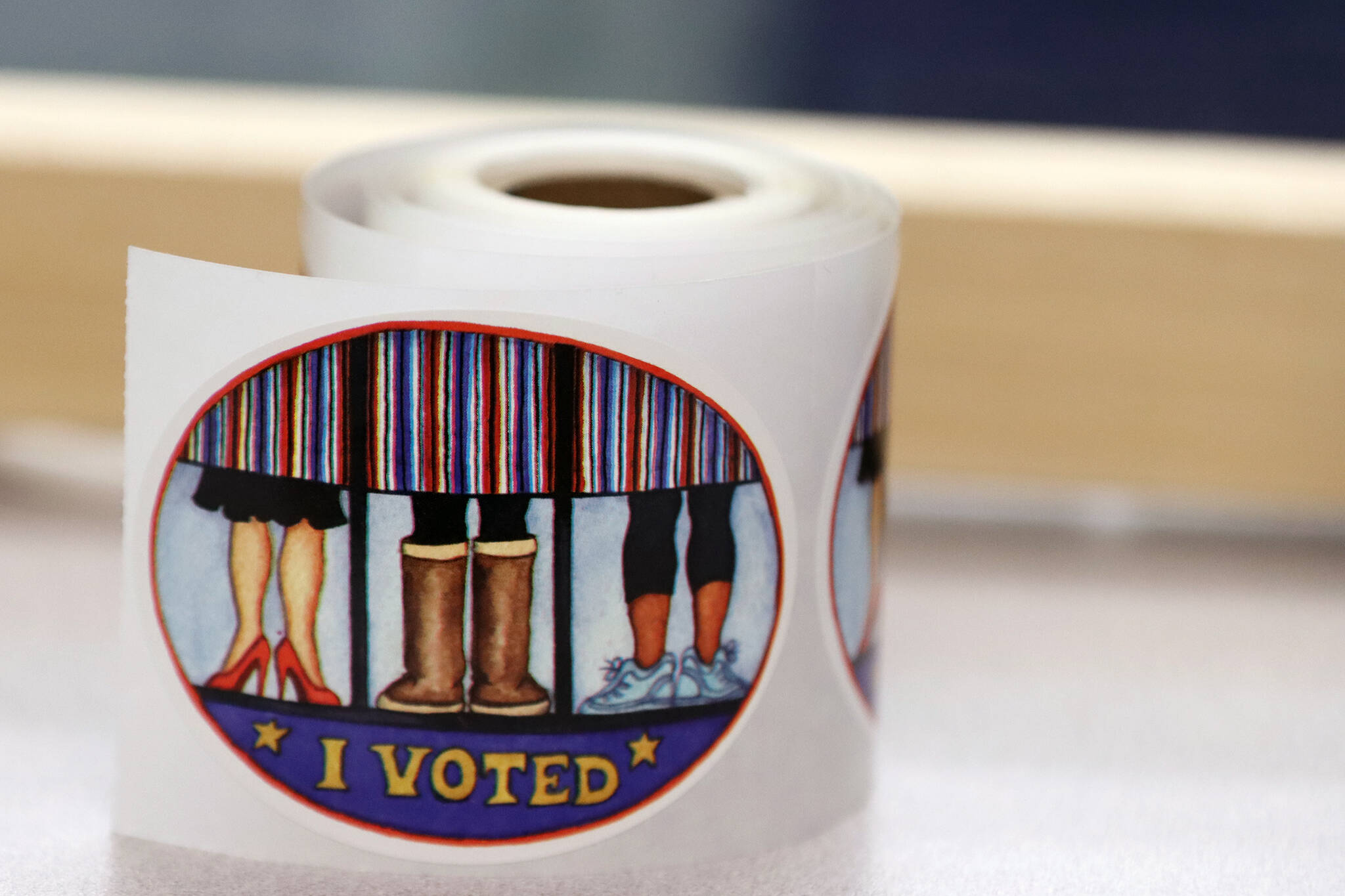Hundreds of ballots voted by Kenai Peninsula residents in the 2022 Special Primary Election were rejected by the Alaska Division of Elections, per data published by the division Saturday.
Preliminary special primary election results published by division show former Alaska Gov. Sarah Palin with an early lead, having clinched about 29.77% of the more than 100,000 ballots counted so far. Nick Begich followed with 19.31%, then Al Gross with 12.47% and Mary Peltola with 7.45%.
Across State House Districts 29, 30 and 31, which cover the northern Kenai Peninsula, Kenai and Soldotna and the southern peninsula, 281 ballots have been rejected of the roughly 14,600 received — about 2%. That rate is on par with other regions in the state; 26 state House districts had rejection rates between 1.5% and 4%.
There are multiple reasons a ballot could be rejected. Ballots voted by mail for the special primary election were required to have a voter signature, a voter identifier and a witness signature. Ballots received that were missing any of those requirements are rejected, as are ballots where a voter did not vote for a candidate or where a voter voted for more than one candidate, according to the Division of Elections.
The State of Alaska currently does not have a process for voters to cure, or fix errors on, their ballots.
In some state House districts, the ballot rejection rate reached double digits. In State House District 38, which includes the communities in the southern Yukon Delta region, 17.37% of ballots cast have been rejected, according to the Division of Elections. In that House district, ballots have already been counted from about 13% of registered voters.
Statewide, 4,852 ballots have been rejected of the more than 139,000 already received — about 3.5%. That’s compared to the total ballot rejection rate of about 0.82% during the 2020 general election.
Division of Elections Public Relations Manager Tiffany Montemayor said Monday that the 2022 special primary is “incredibly unique” such that it is difficult to compare to other elections, but that the 2020 general election saw the highest number of mail-in ballots prior to the 2022 special primary.
As of 10 p.m. on Saturday, 108,981 ballots had been counted, representing 18.56% of Alaska’s 587,174 voters. The Division of Elections will release subsequent rounds of preliminary primary election results on June 15, 17 and 21, with election certification scheduled for June 25.
Preliminary election results and more information about Alaska’s 2022 Special Primary Election can be found on the Alaska Division of Elections website at elections.alaska.gov.
Reach reporter Ashlyn O’Hara at ashlyn.ohara@peninsulaclarion.com.

